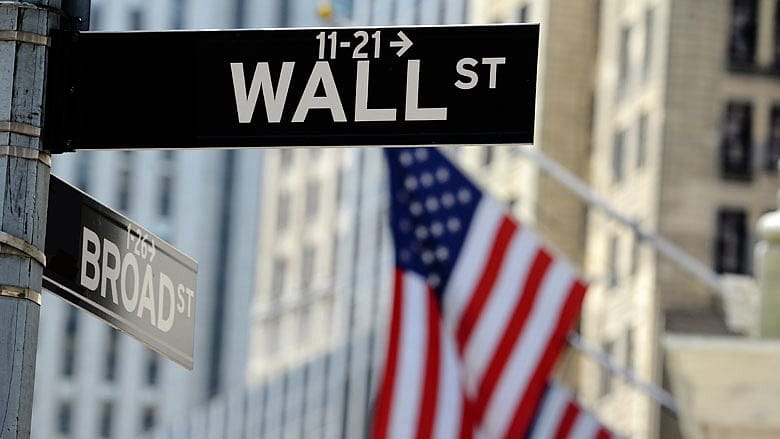The cloud over our economic future

The United States will decide its economic future in the next presidential election. And it appears that it will choose a bad future indeed.
As unlikely as a Bernie Sanders presidency remains, his successes in Iowa and New Hampshire have forced his opponent to tack hard to the left. Hillary Clinton will not be able to campaign or serve as the centrist that her husband was. As for the Republican side, the continued strength of Donald Trump in the polls, combined with his still-divided opposition, make him look like the eventual Republic nominee. And Trump is no conservative. A candidate who promises to make things happen by the sheer force of his personality is reminiscent more of Mussolini than of Calvin Coolidge.

